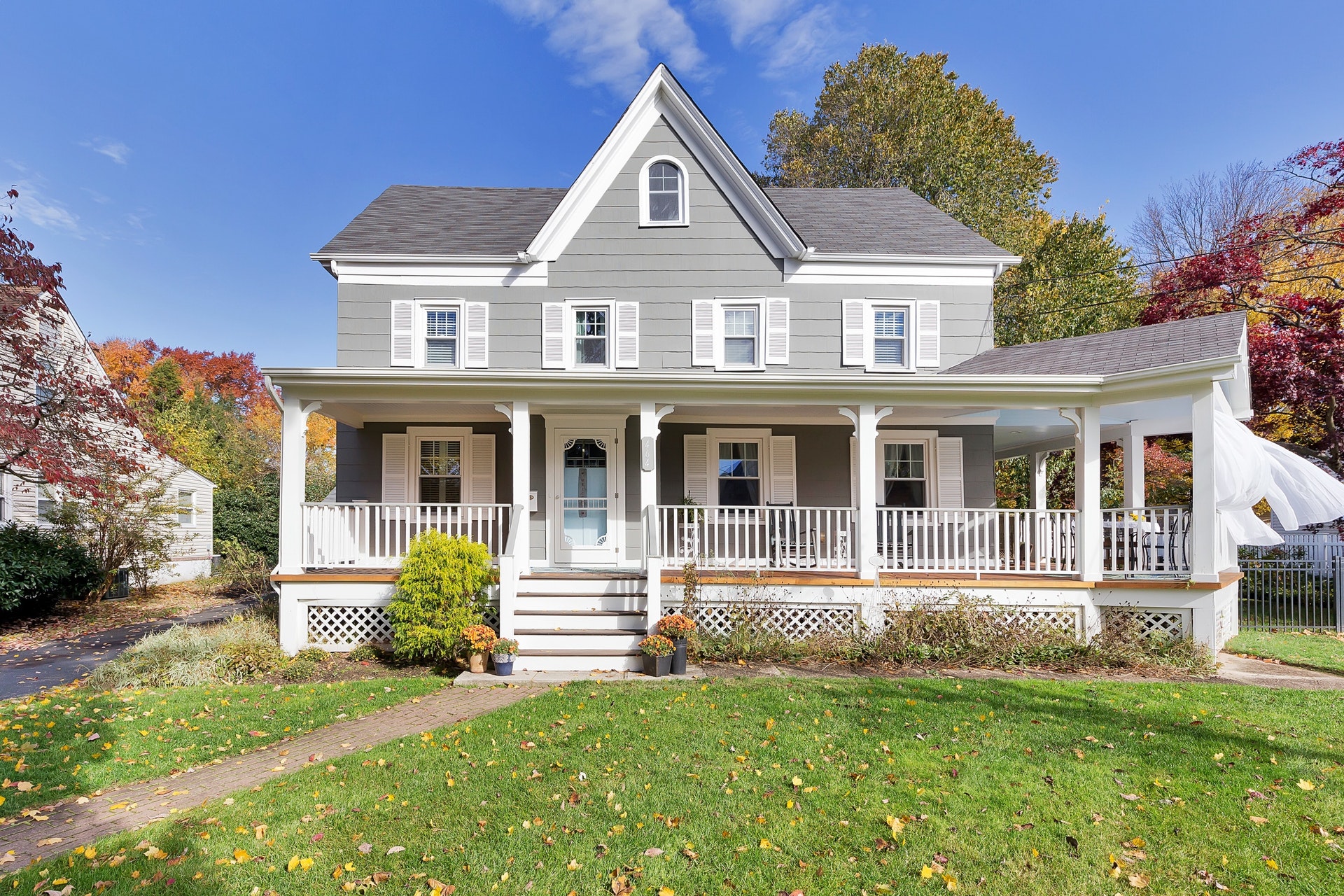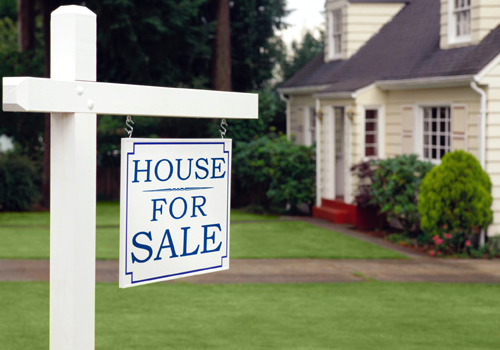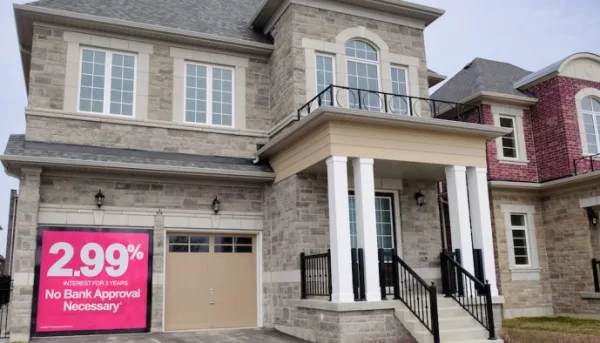Is it better to buy or rent a home in today’s sizzling real estate market?
Because the barrier to entry in Canada’s housing sector has intensified over the last couple of years, many prospective homeowners have given up on the dream of homeownership, choosing to maintain their renter status. Even when they save enough for a down payment, the minimum threshold rises because of how rapid price growth is in this environment.
Remember, the national average price for a home in Canada is approximately $820,000.
As a result, many Canadians do not have a choice but to continue renting an apartment from a corporation or leasing a three-bedroom, two-bathroom house from private individuals.
But is this throwing money down the drain? There has been some research and plenty of data analysis to suggest that you will be spending more to rent than if you dipped your toe in the real estate market, no matter how high it presently is, and acquired a single-family home.
Owning Is More Affordable Than Renting in Most of Canada
Today, the average monthly rental rate across all property types in Canada is $1,821. The average monthly mortgage payment, based on an average national price of $740,000, with a five-per-cent interest rate, a 20-per-cent down payment, and a 25-year loan term, is $3,443. Therefore, it costs nearly double to own a home than it is to rent a home.
A different trend is prevalent south of the border, with a median-priced home being more affordable than the average rent on a three-bedroom property in 58 per cent of U.S. counties analyzed for a study conducted by ATTOM, a curator for the country’s property database.
“Home prices are rising faster than both rents and wages while wages rise faster than rents. And the housing market boom of the past decade keeps pushing home values to new records. Yet home ownership still remains the more affordable option for average workers in a majority of the country because it still takes up a smaller portion of their pay,” said Todd Teta, chief product officer with ATTOM, in a news release.
“The trend is slowly shifting toward renters, which could be a major force in easing price increases in 2022. Prices can only go up by so much more before renting becomes financially easier. For now, though, rising wages and interest rates around three per cent are enough to offset recent price runups and keep ownership on the plus side of the affordability ledger compared to renting.”
Although individual circumstances are different for everyone, CTV News Chief Financial Commentator Patricia Lovett-Reid says it is typically better to be “in the camp of home ownership.”
“I’m a big fan of home ownership,” Lovett-Reid told the news network. “I love the capital gains tax exemption on your principal residence. That tax break alone tips the scale for me.”
Of course, she also states that homebuyers may need to have a more stable income because of variable costs and unexpected expenses, whether it is a broken-down furnace or a leaky roof.
“I think you need to look at your individual situation. Is your life stable? Is your job stable? Is your employment stable?”Lovett-Reid said.
Moreover, affordability and costs also depend on where you live. Indeed, buying a single-family home in the heart of Toronto will set you back at least $1 million, while renting a one-bedroom apartment here costs on average $1,651. However, if you were to relocate to Newfoundland and Labrador, the average sale price of a home is about $320,000, so it could be more fiscally prudent to buy a detached house on the east coast than to rent a home or apartment.
Is it Better to Buy or Rent a Home? Test the Rent-to-Own Ratio
Overall, owning a home offers many advantages over renting. Your monthly payments build up your equity over time, and your housing situation is stable and permanent. While it is true that you might face more costs as a homeowner, you are not creating any wealth for yourself by renting.
Typically, if you want to determine if owning or renting is best for you, some financial experts recommend using the “rent versus buy rule of 15.”
This calculation consists of multiplying your annual rent of a similar property by 15. For example, if your rent is $1,500 per month or $18,000 per year, and you multiply that by 15, you will have spent $270,000.
Put simply, if you are a renter, how much are you spending every month and year?








